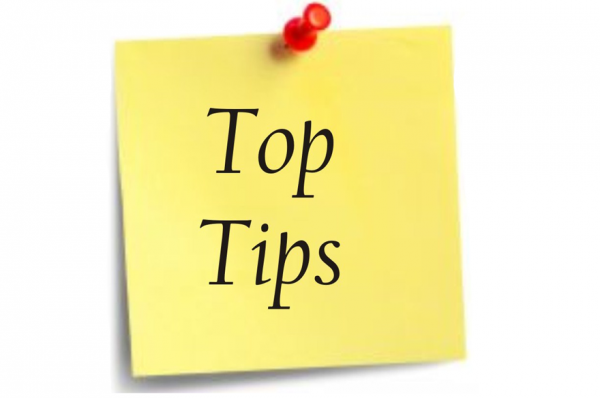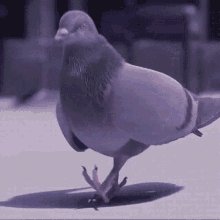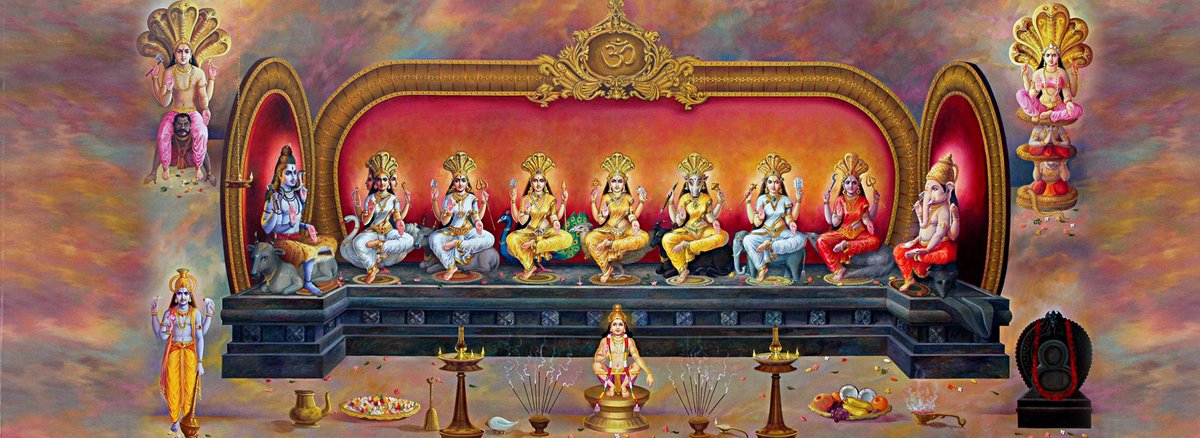I heard a panel recently where half the writers were dropped by their first agent after they pitched their second project. Be sure to ask around outside of the agent on this one.
As we’re heading into the #PitchWars showcase and since the conversation seems abuzz...here’s a thread of questions I would recommend you ask not only potential agents during The Call, but references, and clients you reach out to personally:
I heard a panel recently where half the writers were dropped by their first agent after they pitched their second project. Be sure to ask around outside of the agent on this one.
Meaning, will they revise the manuscript with you beforehand or just do small edits and send it off to editors. Both have their pros and cons, and one might matter to you more.
In other words, how much time do they have to devote to you and your career. You can also ask, on average how long does it take to get a project on sub?
This one I think is rarely in questions lists, but I think it’s a fun one to see how passionate an agent gets about their career.
This one is to see if they are signing and selling projects like yours. If you write sci-fi and all they’ve sold recently are contemporaries in a different age group that’s good to know!
This will allow you to see if they are excited to send to large publishers or are leaning more toward mid-sized, etc. This might matter more to you one or the other way.
If there are things you are not willing to change that the agent mentions, better to have the conversation before. Many agents won’t tell you everything, you can always mentions some things you don’t want to change too.
If this is super important to you, you can definitely ask about money up front and the value they think your project has.
Career building and planning is definitely something that your agent should have some idea on. A lot depends on what happens with project one, etc, but just an overall idea if this is something they do with clients is good!
I’ve found that a lot of my agent sibs and I have a similar commercial style and it makes me feel like I’m in the right coven. Knowing that your writing fits into what your agent likes to read will make you feel confident.
Last year I attended KT’s bi-annual retreat for the first time and got to know some of my amazing agency sibs and my agent. Definitely is a plus!
This is a business and knowing that your agency has access and experience with other avenues that will make your $ is awesome! If they can give you examples of this even better!
Some agents can and some can’t. Some may leave the industry entirely. Important to know what will happen to you if any of this happens.
This might be important to you even if you are not a marginalized writer. Some agents/agencies are sadly are sometimes racist, etc. Good to know beforehand!
At KT, I think it’s one or two years before I could use a manuscript again with another agent if (Gods forbid) my agent and I parted ways. Important to know!
I also love Jim McCarthy’s list of questions here: https://t.co/JtWuqOu3XG
More from Writing

The essence of any good communication is simplicity. It’s the same in print, television, radio, online, or attaching notes to carrier pigeon’s legs.

In the sixties, a Granada current affairs show set the template for using a visual medium more effective: it was pioneered by a remarkable fellow called Tim Hewat, a flavour of whose personality is here:
Up to this point, most television in this country had been akin to putting radio on television: most of it was beyond parody though this from Harry Enfield is spot on -- the patronising smug tone that meant the BBC was nicknamed "Auntie" --
And take a look at the longest running TV show as it then appeared: https://t.co/T4FdppnQMo
(Patrick was a brilliant broadcaster. The point I am trying to make is the medium was not exactly groundbreaking in the visuals department)
You May Also Like
Hello!! 👋
• I have curated some of the best tweets from the best traders we know of.
• Making one master thread and will keep posting all my threads under this.
• Go through this for super learning/value totally free of cost! 😃
1. 7 FREE OPTION TRADING COURSES FOR
A THREAD:
— Aditya Todmal (@AdityaTodmal) November 28, 2020
7 FREE OPTION TRADING COURSES FOR BEGINNERS.
Been getting lot of dm's from people telling me they want to learn option trading and need some recommendations.
Here I'm listing the resources every beginner should go through to shorten their learning curve.
(1/10)
2. THE ABSOLUTE BEST 15 SCANNERS EXPERTS ARE USING
Got these scanners from the following accounts:
1. @Pathik_Trader
2. @sanjufunda
3. @sanstocktrader
4. @SouravSenguptaI
5. @Rishikesh_ADX
The absolute best 15 scanners which experts are using.
— Aditya Todmal (@AdityaTodmal) January 29, 2021
Got these scanners from the following accounts:
1. @Pathik_Trader
2. @sanjufunda
3. @sanstocktrader
4. @SouravSenguptaI
5. @Rishikesh_ADX
Share for the benefit of everyone.
3. 12 TRADING SETUPS which experts are using.
These setups I found from the following 4 accounts:
1. @Pathik_Trader
2. @sourabhsiso19
3. @ITRADE191
4.
12 TRADING SETUPS which experts are using.
— Aditya Todmal (@AdityaTodmal) February 7, 2021
These setups I found from the following 4 accounts:
1. @Pathik_Trader
2. @sourabhsiso19
3. @ITRADE191
4. @DillikiBiili
Share for the benefit of everyone.
4. Curated tweets on HOW TO SELL STRADDLES.
Everything covered in this thread.
1. Management
2. How to initiate
3. When to exit straddles
4. Examples
5. Videos on
Curated tweets on How to Sell Straddles
— Aditya Todmal (@AdityaTodmal) February 21, 2021
Everything covered in this thread.
1. Management
2. How to initiate
3. When to exit straddles
4. Examples
5. Videos on Straddles
Share if you find this knowledgeable for the benefit of others.























